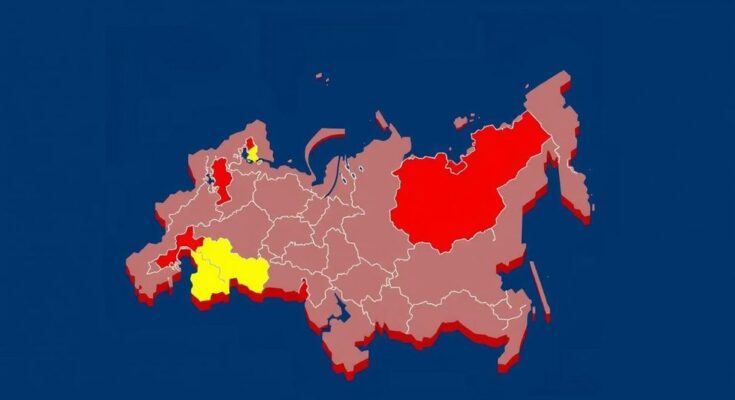Russia has denied claims of interference in Romania’s presidential elections, which are set for a critical second round. Far-right candidate Calin Georgescu emerged unexpectedly from the first round, prompting accusations of Russian influence. The European Commission has increased monitoring of social media platforms like TikTok as a precaution. The election results could reshape Romania’s political landscape significantly.
On Thursday, Russia formally denied allegations of interfering in the forthcoming Romanian presidential elections, as the country prepares for the decisive second round of voting. This election has garnered significant attention due to the rise of far-right candidate Calin Georgescu, who unexpectedly led the first round, provoking concerns and accusations of Kremlin influence from Romanian officials and foreign allies. Maria Zakharova, the spokesperson for the Russian foreign ministry, condemned these allegations, characterizing them as part of an exaggerated narrative of anti-Russian sentiment proliferating within local politics and media.
The European Commission has responded to concerns about potential Russian meddling by enhancing its scrutiny of social media platforms, particularly regarding TikTok, in the context of Romania’s electoral process. Georgescu’s nationalist messages have achieved considerable traction on social media, especially on TikTok, accumulating millions of views and contributing to the politicization of the elections. The upcoming second round will see Georgescu confront centrist mayor Elena Lasconi, determining the future political landscape of Romania.
The current political climate in Romania is witnessing heightened scrutiny regarding foreign interference, especially from Russia, amid ongoing geopolitical tensions. As Romania approaches a crucial second round of its presidential elections, the issue of potential meddling has become a focal point for both local and EU authorities. The success of far-right candidates in European elections often raises alarms about rising nationalism and shifts in foreign policy that could favor relationships with Russia.
In conclusion, the allegations of Russian interference in Romania’s elections highlight the increasing complexities of international relations in the context of electoral politics. Russia’s denial of these claims underlines its position in the face of mounting accusations, while the European Commission’s proactive approach suggests a serious commitment to safeguarding democratic processes. The interplay between local candidates such as Calin Georgescu and broader geopolitical narratives will undoubtedly shape Romania’s political future.
Original Source: www.themoscowtimes.com




